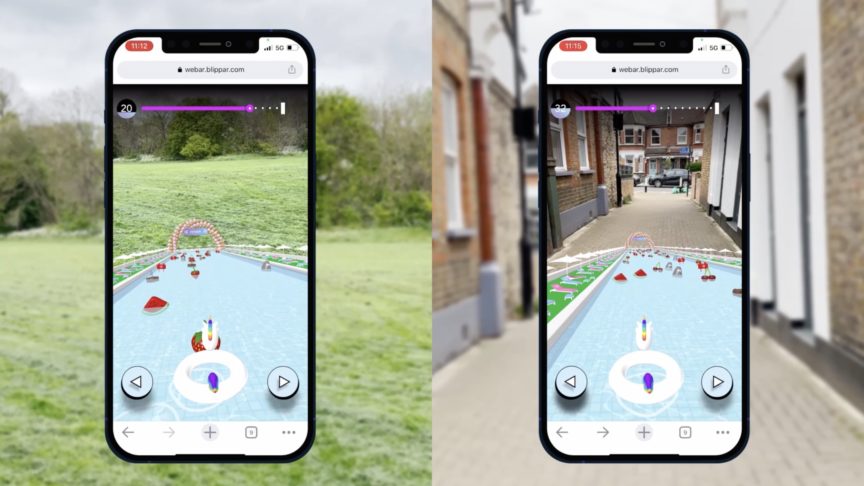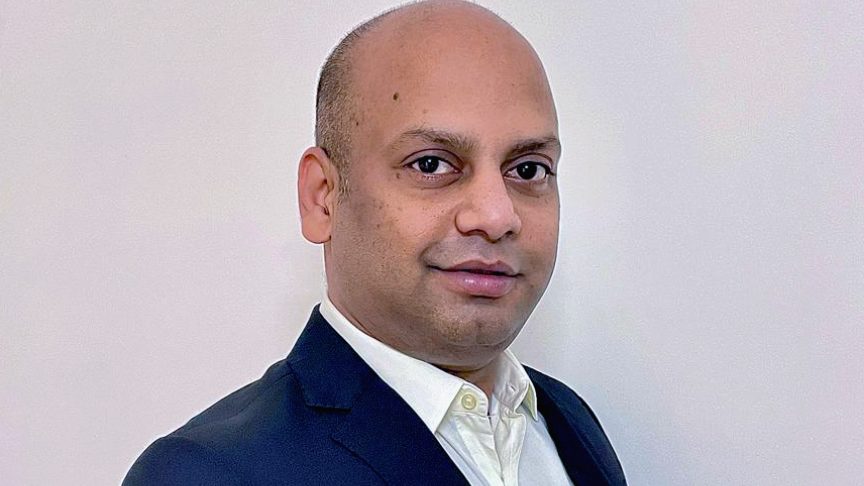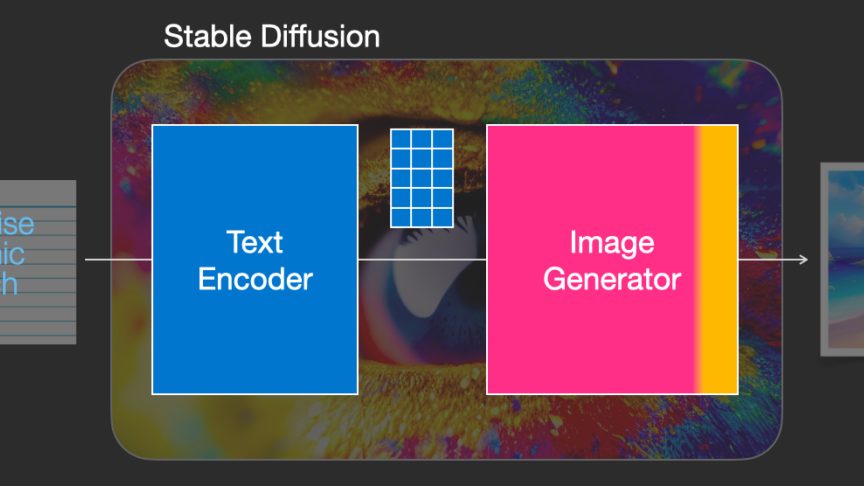4 Ways AR Could Change Music - Weekly Mash-Up 177
April 3, 2017
4 Ways AR Could Change Music - Weekly Mash-Up 177

Four Ways Augmented Reality Could Change the Music Industry
Forbes
Augmented Reality could be the ticket to ‘saving’ the music industry. Anthony Katz writes, that while music streaming has prompted revenue growth in the music industry for the first time in two decades, it is not enough to ensure continued good fortune. To make the music industry more accessible and successful, listeners need to be offered engaging and emotional experiences through digital technology. Experiences are the real currency with millennials and Augmented Reality could provide just that, transforming music videos, music marketing, music education, and music experiences. Read more

Elon Musk launches Neuralink, a venture to merge the human brain with AI
The Verge
SpaceX and Tesla CEO, Elon Musk, is backing a brain-computer interface venture called Neuralink, which is focused on creating devices that can be implanted in the human brain. While still in its earliest stages of development, the final goal is to see humans merge with software and thus keep pace with artificial intelligence. These types of interfaces today only exist in science fiction, but Musk hopes that the enhancements could offer human beings greater control in the future, with improvements to memory or through allowing direct interfacing with computer devices. Read more

Virtual Reality is being used to decrease pain in hospital patients
Huffington Post
Virtual Reality appears to significantly reduce pain levels by ‘hijacking’ the senses of hospital patients, without the need for drugs. A team in Los Angeles recently carried out this research, taking 100 patients who reported pain levels over three. 50 were treated to a ‘calming’ VR experience - including flying over Iceland or swimming with whales - and claimed a 24% drop in pain levels, while the other 50 watched a 2D nature video and only reported a 13.2% drop. Read more

Virtual lemonade sends colour and taste to a glass of water
New Scientist
Earlier this month, researchers out of the National University of Singapore and Georgia Institute of Technology presented a method for creating "virtual lemonade." A system of sensors and electrodes can digitally transmit the basic colour and sourness of a glass of lemonade to a glass of water, making it look and taste like a different drink, allowing people to share sensory experiences over the internet. “People are always posting pictures of drinks on social media – what if you could upload the taste as well? That’s the ultimate goal,” says Nimesha Ranasinghe at the National University of Singapore. Read more


